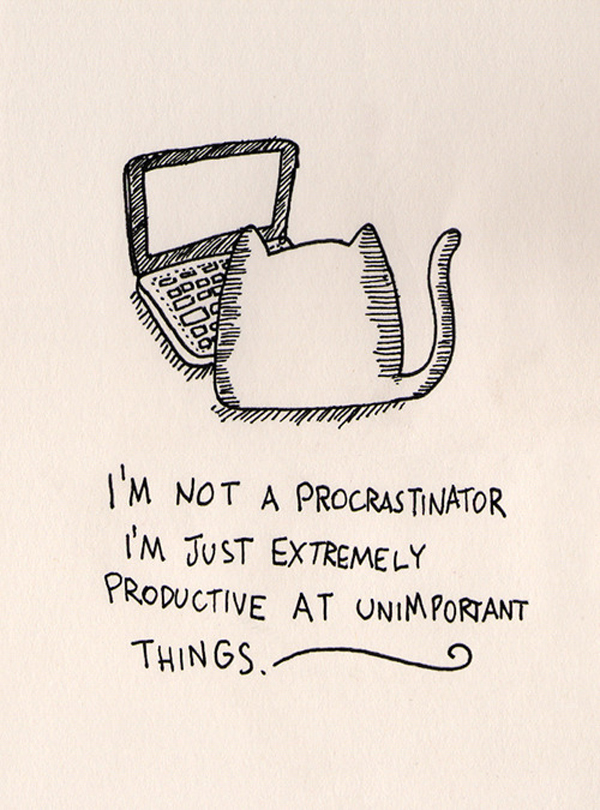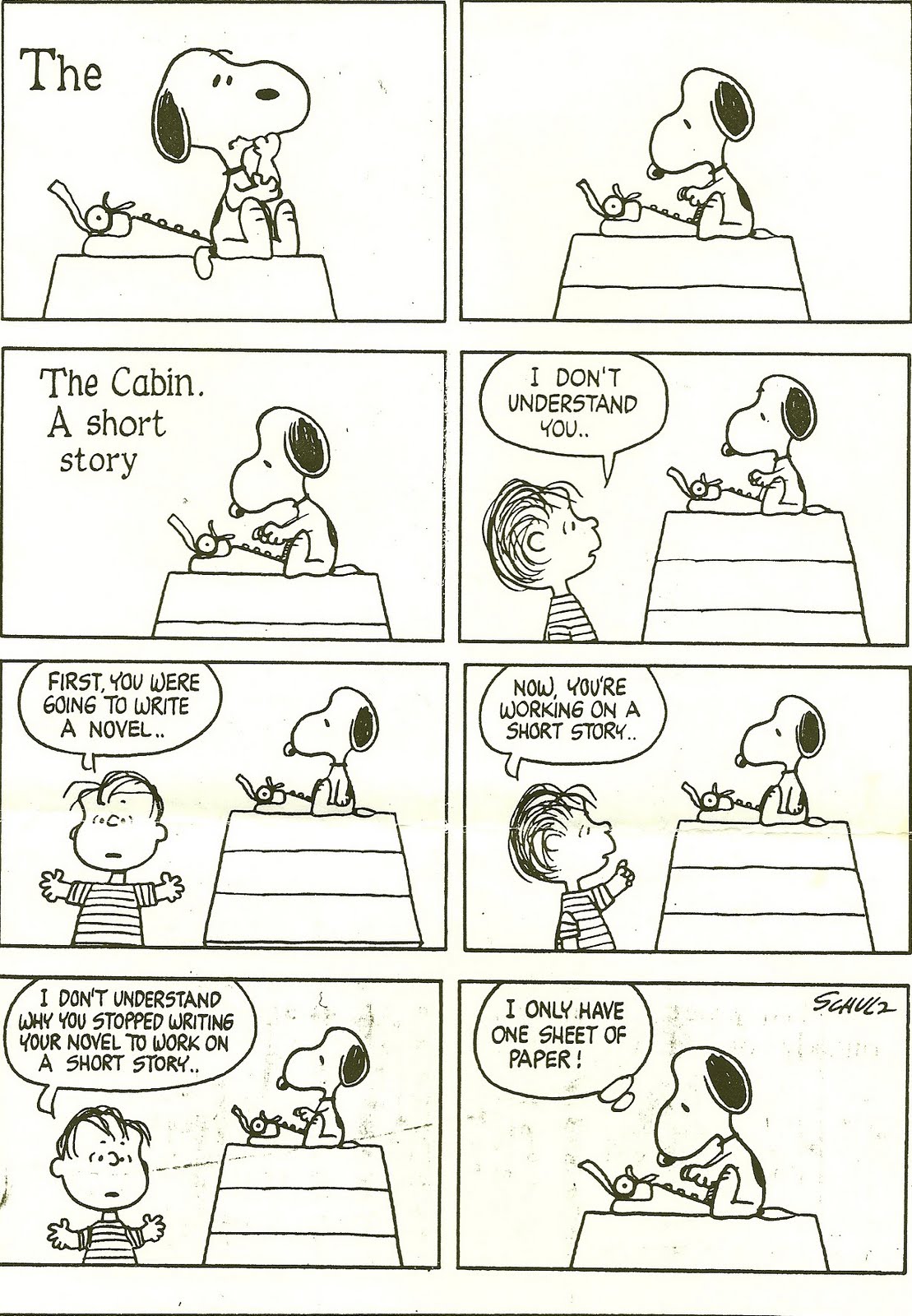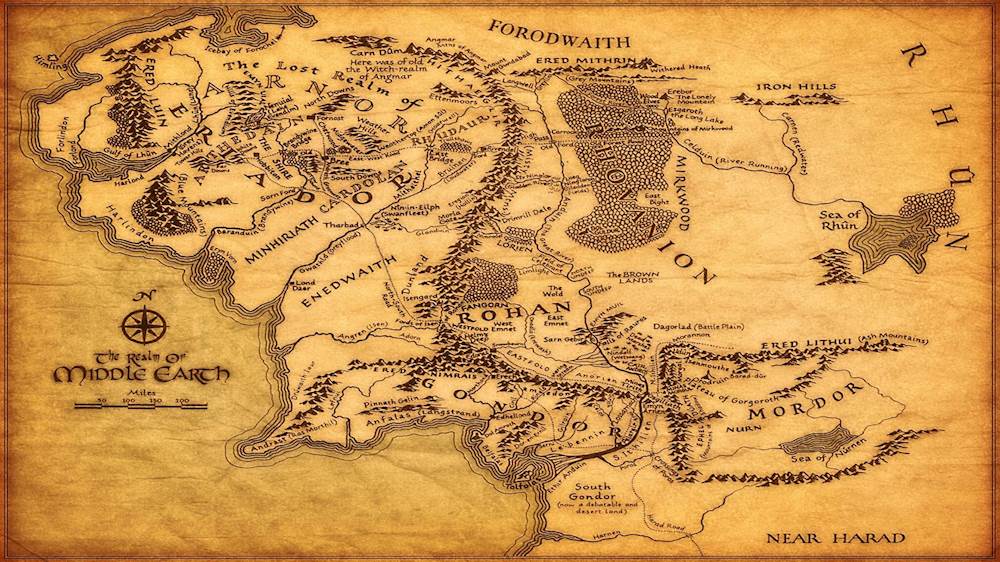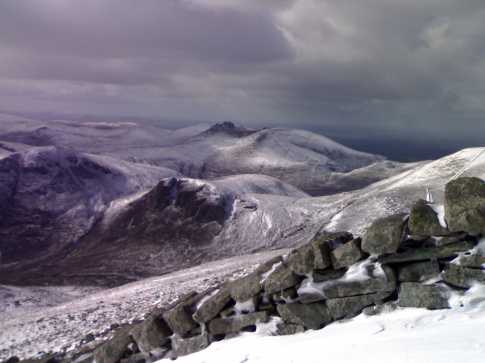
- There was a spring which gave immortality to anyone who drank its waters?
- There existed a fantastical world beneath the streets of London?
- It was possible to travel in time?
- Books were outlawed?
- Belief in the divine was a crime?
- World War II had ended differently?
- The gods of mythology were real?
- People could be arrested for crimes they will commit in the future?
- You and your friends were clones, raised to donate your organs to ‘normal’ humans?
- Society required everyone to be voluntarily euthanised when they turned 21?
Well, the only way to find out is to read the following books:
Okay, adding ten more books to your TBR pile isn’t the only way to answer all those ‘What If?’ questions. The other alternative is to write ten books yourself—or, to save time, write one book that explores all ten ‘What If?’ scenarios at once.
If someone writes that book, I will read it.
All of the above What-If?’s did become stories though and all of them belong to that broadest of literary genres: Speculative Fiction.
I love Speculative Fiction, or Spec-Fic, as I’m going to call it. Although now, I’m imagining a book wearing a pair of spectacles…
Speculative fiction is generally defined as work that depicts an alternative reality to… well, reality—usually a world that contains futuristic, supernatural or fantastical elements. Aliens, robot-human hybrids, zombies, vampires, faeries, gods and goddesses, magic, time-travel, supernatural powers, science that’s perhaps a bit ‘out there’, and alternate histories can all be found in this genre. Basically, as its name suggests, it’s literature that speculates about how things would be IF…
… humans were overthrown by apes.
… or there existed a Faerie land the other side of the village wall.
… or vampires were real.
… or abortion was illegal, but between 13 and 18, parents could have their children ‘unwound’.
…or you woke up one morning to discover you had transformed into a large insect.
Some people HATE this genre. They can’t stand anything that strays from the concrete reality of this world. They much prefer their stories to be grounded in contemporary or historical realism. What, they ask, is the point of a story that’s about a purely theoretical or even fantastical concept? There is no fairyland, no fountain of youth, and WWII is over and done with—so what’s the point in speculating? Why bother reading, let alone writing, fiction that isn’t a realistic, relatable or identifiable representation of the world we live in? Why? —they cry —Why? Why? Why?
I am the opposite of those people: Why wouldn’t you speculate?
Firstly, Spec-Fic fulfils the number one thing I want from a book: escapism. I have to live in this world (this wondrous, dangerous, mind-twistingly infuriating and beautiful world) and sometimes I just don’t want any more of it shoved down my throat, up my nose, in my face, or anywhere else anatomical. A piece of Scif-fi or Fantasy can be a very effective teleporting device for leaving the work-worries, people-problems, and socio-political-silliness of life behind for a few hours. Instead, I can immerse myself in a world where the worry, problems and silliness aren’t mine to live with permanently. There’s no relief quite like finishing a book and thinking ‘Thank goodness I’m not living in a colony which breeds humans purely to satisfy the blood-lust of a ruling class of vampires…’ 
On a completely contradictory ‘other hand’, Spec-Fic isn’t entirely about escapism. In fact, it often provides a safe place to explore important questions—questions that can’t, perhaps, be adequately explored within the confines of realism; questions about life, death, and what it means to be human.
Maybe there is no Tuck Everlasting spring, but what if, one day, medical science advanced enough to offer us something close to eternal life? Would you want to extend your life by hundreds of years? What would be the consequences of a world population that had the potential to live for several lifetimes? Is immortality a responsible dream to pursue? Or is longevity overrated? Does a long life necessarily mean a fulfilled and happy one? Does the inevitability of death actually play an essential role in the value we place on each day that we live?
SO. MANY. QUESTIONS.
Often, the Spec-Fic world is merely a metaphor for very real issues. When it comes to Science and Technology, how far is too far? How do we treat those who are alien or other to us? What will the conclusion be if we carry on down the environmentally destructive route which we’re on as a species? 
SO. MANY. MORE. QUESTIONS.
A good piece of Spec-Fic should probably raise as many questions as it tries to answer. One of the most important of those is ‘What would I do?’. Because that is a question which suddenly becomes more relevant than first imagined when we emerge, a little shaken up and jittery, back in our own world.
And shaken up and jittery is what we’re all here for, isn’t it?
Orrr… maybe not?
Anyway, perhaps the most appealing thing about the Spec-Fic genre, for writers, is that there is literally a ‘No Limits’ sign on the road as you walk/drive/fly/ride your unicorn in. The only restrictions are the ones you impose, and, in a world that doesn’t exist because you haven’t invented it yet, anything is possible. Of course, it requires imagination to write fiction in any genre. Even if you’re writing a novel set in the very real world of twenty-first century Britain, it requires special powers of imagination to bring locations, characters and their dilemmas to life; to make the reader care enough to invest in the protagonist and their story.
 But Spec-Fic allows for a different kind of imagining. I don’t just mean ‘out-of-the-box’ imagining, but ‘there-is-no-box; now-what-are-you-going-to-do?’ imagining. In some ways, it takes you right back to those childhood ‘let’s pretend’ games—to a time before your beliefs that a sock-eating creature lived under your bed, and white roses would turn red if you pricked a finger on the thorns, and the cat was sent by Martians to investigate intelligent life on Earth—were suffocated by adolescence.
But Spec-Fic allows for a different kind of imagining. I don’t just mean ‘out-of-the-box’ imagining, but ‘there-is-no-box; now-what-are-you-going-to-do?’ imagining. In some ways, it takes you right back to those childhood ‘let’s pretend’ games—to a time before your beliefs that a sock-eating creature lived under your bed, and white roses would turn red if you pricked a finger on the thorns, and the cat was sent by Martians to investigate intelligent life on Earth—were suffocated by adolescence.
This type of imagining is important. It’s the whole reason why imagination is essential to humanity. Most of what we create comes from our imagination and those ‘What If?’ questions. What if we could travel in space? What if we could live on the moon? What if we could communicate, instantly, with another person on the other side of the world?
Albert Einstein famously said ‘Imagination is more important than knowledge. Knowledge is limited. Imagination encircles the world.’
There’s plenty of literature to prove his point. Many Spec-Fic authors have inspired or predicted scientific or technological advancements in their writing: 
- Moon Landings: From the Earth to the Moon, by Jules Verne (1865).
- The Taser: Thomas A Swift’s Electric Rifle, by Stratemeyer Syndicate. Taser is an acronym for the book’s title.
- The Liquid Fuelled Rocket and Multistage Rocket: The War of the Worlds, by H.G. Wells.
- Earbud Headphones: Fahrenheit 454, by Ray Bradbury.
- Coffee Machines, Flat-Screen TV, Self-Driving Cars: World’s Fair of 2014, by Isaac Asimov.
But imagination isn’t all about nifty domestic appliances and how Science might one day turn the world into a utopia. It’s also about the terrifying possibility that humans might turn the world into an apocalyptic, totalitarian dystopia. And the most alarming stories aren’t the ones where we’re teetering on the brink of extinction, fighting for survival because the world has been overrun by malicious nifty domestic appliances. The stories that are really alarming are the ones where we’ve created a society that we think is perfect, but where no semblance of humanity—no truth, justice, integrity or morality remains—and no one even notices nor cares.
Feeling shaken up and jittery? 
This is why I love Speculative Fiction. It’s a place to escape, imagine, and be terrified. But it’s also a place of hope. Because asking those questions in the first place, however ridiculous they may sometimes sound, is an open door to asking the questions that matter to the real world: this wondrous, dangerous, mind-twistingly infuriating and beautiful world that we live in.
So here’s a question for you:
What if writers stopped asking ‘What if?’ questions?








 Since I’ve started writing this third novel, my writerly brain has turned into a rebellious teenager and insists on doing anything other than focus on the project in hand. I’m pretty sure that the Procrastination Fairy has teamed up with the Distraction Beast on this one, because it’s a problem I’ve never encountered before.
Since I’ve started writing this third novel, my writerly brain has turned into a rebellious teenager and insists on doing anything other than focus on the project in hand. I’m pretty sure that the Procrastination Fairy has teamed up with the Distraction Beast on this one, because it’s a problem I’ve never encountered before. After my initial ‘Ugh! What is this thing? Let’s get it fledged as quickly as possible’ reaction, I started to feel a bit more optimistic. Great! I thought. That’s a first. Now I know that I can, in fact, write a short story. Fantastic.
After my initial ‘Ugh! What is this thing? Let’s get it fledged as quickly as possible’ reaction, I started to feel a bit more optimistic. Great! I thought. That’s a first. Now I know that I can, in fact, write a short story. Fantastic.




 As it is though, I’ve never really been able to afford to travel much, but books are cheap, so my imagination is an experienced wanderer. And the difference when your imagination travels is that it never really leaves where it visits. It becomes an immigrant of other worlds, including, of course, the worlds it creates entirely of itself—worlds I hope I can invite others to explore through the pages of my books.
As it is though, I’ve never really been able to afford to travel much, but books are cheap, so my imagination is an experienced wanderer. And the difference when your imagination travels is that it never really leaves where it visits. It becomes an immigrant of other worlds, including, of course, the worlds it creates entirely of itself—worlds I hope I can invite others to explore through the pages of my books.